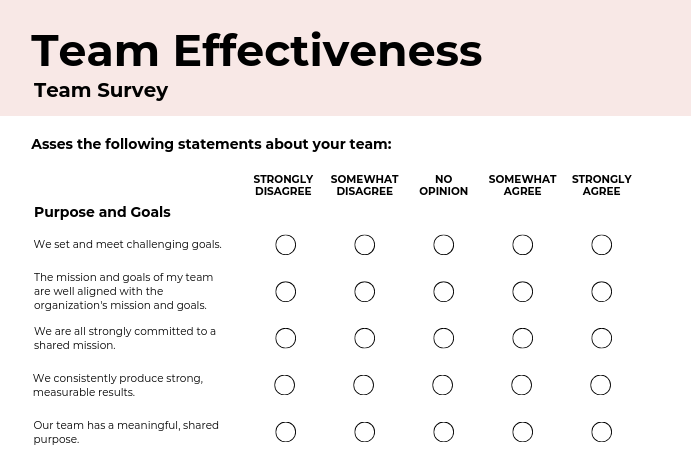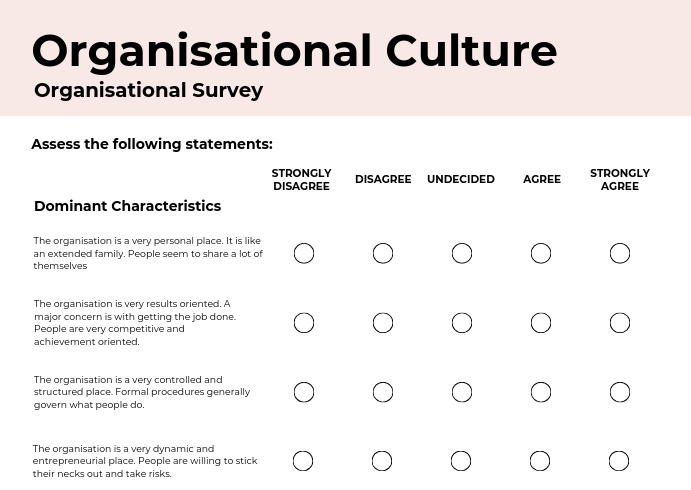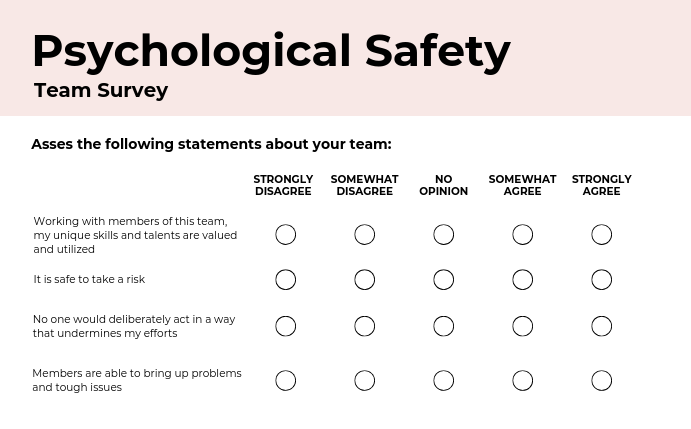
Guide – Continuous Performance Management
Learn how to implement Continuous Performance Management within your organisation to drive feedback, align goals, and support employee growth.
It refreshes the brain and strengthens relationships. And it makes good business sense. Companies where FIKAS are part of the organisation culture have better teams and are more productive. It’s a great way to exchange knowledge, opinions about what’s going on in the company, and generally bond with your colleagues. Resulting in better productivity for the company and better wellbeing for each employee.
We’ll send it right to your inbox!
It refreshes the brain and strengthens relationships. And it makes good business sense. Companies where FIKAS are part of the organisation culture have better teams and are more productive. It’s a great way to exchange knowledge, opinions about what’s going on in the company, and generally bond with your colleagues. Resulting in better productivity for the company and better wellbeing for each employee.

Learn how to implement Continuous Performance Management within your organisation to drive feedback, align goals, and support employee growth.

The effectiveness of a team is determined by the degree of alignment on Goals, Roles, Processes, and ways of Interaction (GRPI). Uncertainty about one or more of these elements leads to conflict and low performance.

Culture is one of the most important assets of an organization. It is a distinctive element that is difficult to copy. Moreover, it is also a great asset in attracting and retaining talent.

Learn more about how we won the 2024 HR Tech Team of the Year award as a technical partner of A.S. Adventure and JUTTU!

Psychological Safety is an essential component of a positive work environment. Use this survey to discover the strengths and the challenges of the team, and also to receive actionable advice on what to do to develop as a team.

The feedback circle is a great exercise to discover the power of giving and receiving feedback. It’s goal is to foster personal and team growth through reflection and an open conversation.